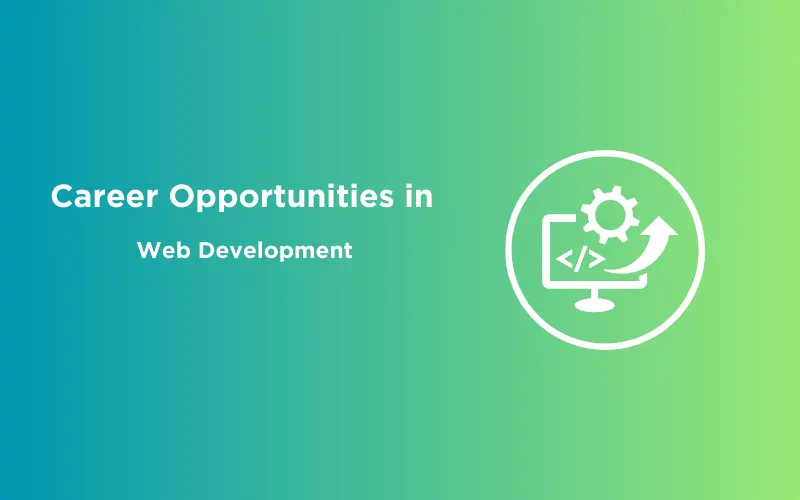
Career Opportunities in Web Development
Mar 26, 2025 8 Min Read 2573 Views
(Last Updated)
Have you ever thought about creating websites and apps? Well, that’s what web development is all about. In today’s digital world, it’s a super important job. Imagine all the websites you visit or apps you use – someone has to create them, right? That’s where web developers come in.
This blog will show you why web development is a cool career choice and why there’s a big need for web developers nowadays. We’ll also talk about the different career opportunities in web development and why you might want to dive into this awesome field. So, get ready to discover the world of web development and all the cool stuff it offers!
Table of contents
- Career Opportunities in Web Development
- Front-End Development
- Back-End Development
- Full-Stack Development
- Specializations
- Why Choose Web Development as a Career?
- High Demand Across Industries
- Career Growth and Advancement
- Creativity in Designing Interfaces
- Remote Work Opportunities
- Continuous Learning and Skill Development
- Global Reach and Impact
- Entrepreneurial Opportunities
- Varied Project Types
- Community and Networking
- Conclusion
- FAQs
- What skills do I need to become a web developer?
- Can I specialize in a certain area of web development?
- Do I need a degree to become a web developer?
Career Opportunities in Web Development
Let’s take a closer look at some of the exciting career opportunities waiting for you in the field of web development:
Before diving into the next section, ensure you’re solid on full-stack development essentials like front-end frameworks, back-end technologies, and database management. If you are looking for a detailed Full Stack Development career program, you can join GUVI’s Full Stack Development Career Program with Placement Assistance. You will be able to master the MERN stack (MongoDB, Express.js, React, Node.js) and build real-life projects.
Additionally, if you want to explore JavaScript through a self-paced course, try GUVI’s JavaScript self-paced certification course.
Front-End Development
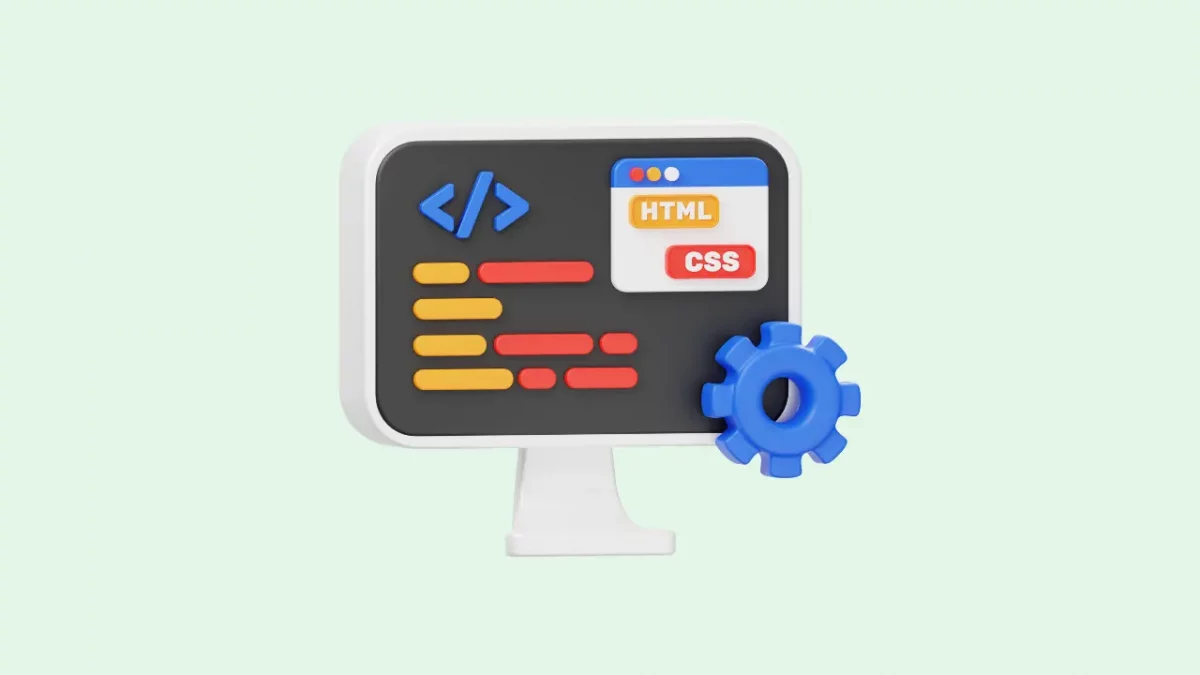
Front-end developers play a crucial role in creating user interfaces (UI) and crafting user experiences (UX) for websites and web applications. They are responsible for translating design concepts and user requirements into functional and visually appealing digital interfaces that users can interact with. Their work directly impacts how users perceive and interact with a website or application.
Key responsibilities of front-end developers in creating user interfaces and experiences include:
Translating Designs into Code: Front-end developers take design mockups and wireframes created by UI/UX designers and turn them into actual code. They implement the visual elements, layout, and interactions specified in the design, ensuring that they are accurately represented on different devices and browsers.
User Experience Optimization: Front-end developers focus on creating smooth and intuitive user experiences. They ensure that the navigation is logical, the interactions are intuitive, and the interface is user-friendly. This involves considering factors like page load times, responsiveness, and accessibility.
Responsive Design: With the variety of devices and screen sizes available, front-end developers need to ensure that their creations work seamlessly across different platforms, from desktops to smartphones and tablets. This requires expertise in responsive design techniques, which adapt the layout and design to fit various screen dimensions.
Cross-Browser Compatibility: Different web browsers may interpret code and styles differently. Front-end developers must test their work across various browsers (such as Chrome, Firefox, Safari, and Edge) to ensure consistent appearance and functionality.
Coding and Scripting: Proficiency in HTML, CSS, and JavaScript is essential for front-end developers. HTML (Hypertext Markup Language) is used to structure content, CSS (Cascading Style Sheets) is used for styling and layout, and JavaScript is used for interactive elements and dynamic behavior.
Collaboration with UI/UX Designers: Front-end developers collaborate closely with UI/UX designers to understand the design concepts and provide technical input on the feasibility of design elements. They work together to strike a balance between aesthetics and functionality.
Optimization for Performance: Optimizing websites for speed and performance is a critical aspect of front-end development. This involves techniques such as minimizing file sizes, reducing HTTP requests, and leveraging browser caching.
Accessibility: Front-end developers must ensure that their interfaces are accessible to users with disabilities. This involves adhering to web accessibility standards (such as WCAG) and implementing features like alt text for images and semantic HTML elements.
Version Control and Collaboration: Using version control systems like Git allows front-end developers to work collaboratively, manage code changes, and track improvements over time.
Job roles related to front-end development include:
UI/UX Designer: These professionals focus on creating visually appealing and user-centered designs for websites and applications. They work on wireframes, mockups, and user flows, which front-end developers then translate into code.
Front-End Developer: This is the core role responsible for implementing the visual and interactive elements of a website or application using HTML, CSS, and JavaScript. Depending on the complexity of the project, front-end developers might specialize further into roles like responsive web developers or JavaScript specialists.
Responsive Web Developer: These developers specialize in creating websites that adapt to different screen sizes and orientations. They use techniques like media queries and flexible grids to achieve a consistent experience across devices.
Front-end developers are pivotal in transforming design concepts into functional and engaging user interfaces. Proficiency in HTML, CSS, and JavaScript, along with collaboration skills and an understanding of user experience principles, is essential for success in this role.
Back-End Development

Back-end developers play a critical role in the development of web applications by focusing on server-side logic and database management. While front-end developers are responsible for creating the user interface and user experience, back-end developers handle the behind-the-scenes functionality that makes the application work, such as processing data, managing databases, and handling server requests and responses.
Key responsibilities of back-end developers in server-side logic and databases include:
Server-Side Logic: Back-end developers are responsible for writing the code that runs on the server, handling requests from clients (usually web browsers), and returning appropriate responses. This can involve complex tasks like user authentication, data validation, and business logic implementation.
Database Management: Back-end developers design and maintain the databases that store the application’s data. They create database schemas, write queries to retrieve and manipulate data, and ensure data integrity and security.
API Development: Back-end developers often create APIs (Application Programming Interfaces) that allow different parts of the application to communicate with each other. APIs enable front-end interfaces to request and receive data from the back end, facilitating a seamless user experience.
Security and Authentication: Back-end developers implement security measures to protect sensitive data and prevent unauthorized access. This includes user authentication, encryption, and measures to guard against common security vulnerabilities like SQL injection and cross-site scripting (XSS).
Performance Optimization: Back-end developers optimize server-side code and database queries to ensure fast response times and efficient data processing. This can involve techniques like caching, load balancing, and query optimization.
Scalability: As web applications grow and attract more users, back-end developers need to ensure that the infrastructure can handle increased traffic. This may involve scaling the application across multiple servers or utilizing cloud services.
Server Deployment and Maintenance: Back-end developers are responsible for deploying the application to servers and maintaining its functionality in a production environment. This includes monitoring for errors, troubleshooting issues, and performing updates.
Programming languages are crucial tools for back-end development. Languages like Python, Ruby, PHP, Java, Node.js, and others are used to write the server-side code that powers web applications. The choice of a programming language often depends on factors like the application’s requirements, the developer’s expertise, and the ecosystem of tools and libraries available for that language.
Job roles related to back-end development include:
Server-Side Developer: This is the primary role responsible for writing the server-side code that powers the application. Server-side developers create the business logic, APIs, and data management components.
Database Administrator (DBA): DBAs are responsible for designing, implementing, and managing the databases that store application data. They ensure data integrity, performance, and security, and may also be involved in data backups and recovery.
DevOps Engineer: DevOps engineers bridge the gap between development and operations. They handle tasks like server deployment, configuration management, and continuous integration/continuous deployment (CI/CD) pipelines.
Back-end developers are integral to creating the functional backbone of web applications. They manage server-side logic, databases, security, and performance to ensure that the application runs smoothly and provides a reliable experience for users. The choice of programming language depends on the project’s requirements and the developer’s expertise.
Full-Stack Development

Full-stack developers are professionals who possess expertise in both front-end and back-end development, allowing them to work on all aspects of creating web applications. They have a versatile skillset that enables them to build both the user interface and the server-side logic, bridging the gap between the two domains. Full-stack developers are capable of developing a complete end-to-end solution for web applications, from the user-facing interface to the server infrastructure.
Key characteristics of full-stack developers include:
Front-End Proficiency: Full-stack developers are skilled in HTML, CSS, and JavaScript, allowing them to create responsive and visually appealing user interfaces. They can implement design concepts and create seamless user experiences.
Back-End Expertise: Full-stack developers are also adept at server-side programming and database management. They can design APIs, write server-side logic, interact with databases, and ensure data security and performance.
Versatility: Full-stack developers have a well-rounded skill set that allows them to work on various aspects of web development. They can switch between front-end and back-end tasks, adapt to different technologies, and contribute to different stages of the development process.
Problem-Solving: Full-stack developers excel at problem-solving since they need to troubleshoot issues on both the client and server sides. They can identify and address challenges at multiple layers of the application.
Communication and Collaboration: Full-stack developers are often effective communicators and collaborators, as they need to work closely with front-end developers, back-end developers, UI/UX designers, and other stakeholders to ensure the smooth integration of different components.
Understanding of Architecture: They have a comprehensive understanding of the architecture of web applications, which helps them design and implement solutions that are scalable, maintainable, and efficient.
Job roles related to full-stack development include:
Full-Stack Engineer/Developer: This is the core role that involves working on both the front-end and back-end aspects of web development. Full-stack developers are capable of handling the entire development cycle, from initial design and development to deployment and maintenance.
Web Developer: Full-stack developers may also be referred to simply as “web developers,” indicating their capability to work on all aspects of web application development.
Startup CTO: In startup environments where resources are limited, full-stack developers often take on the role of Chief Technology Officer (CTO), responsible for making technology-related decisions and overseeing the development of the entire product.
Freelancer: Full-stack developers can also work as freelancers, offering end-to-end development services to clients who need comprehensive web solutions.
Small Team Member: In small development teams, full-stack developers can play a crucial role in ensuring that all development aspects are covered, even if the team size is limited.
Full-stack developers are versatile professionals who possess the skills to work on both front-end and back-end aspects of web development. Their ability to handle a wide range of tasks makes them valuable assets in building complete and functional web applications.
Specializations
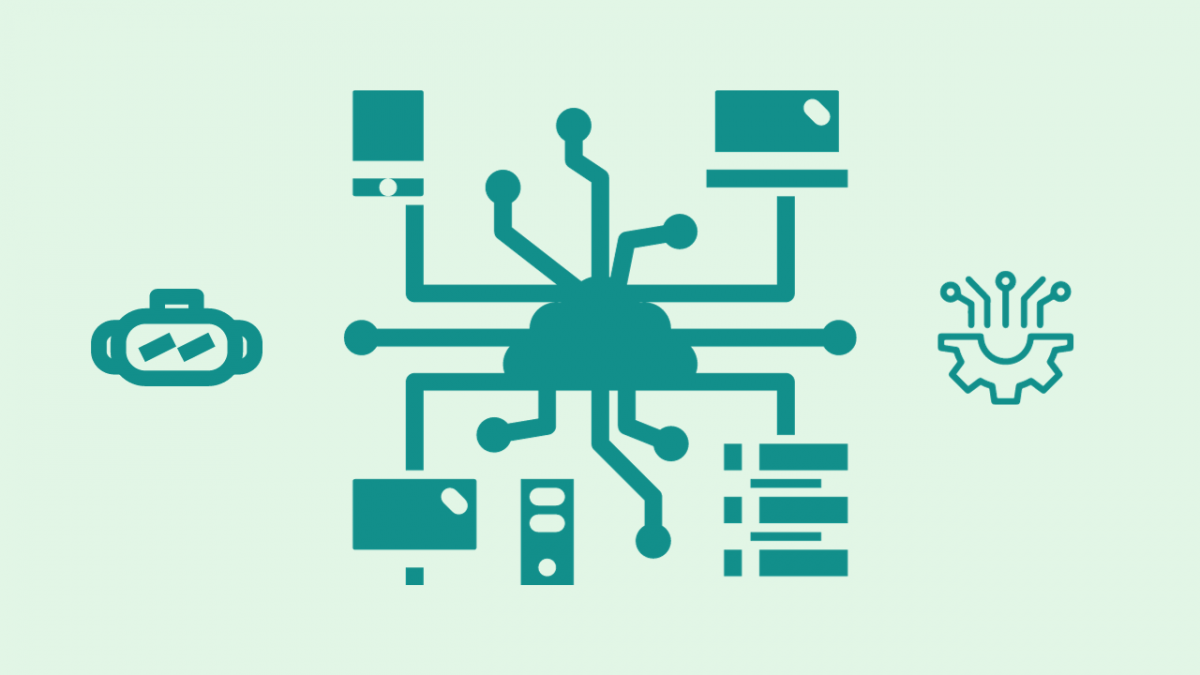
E-commerce Development: With the growth of online shopping and digital marketplaces, e-commerce development has become a specialized field. E-commerce developers focus on creating secure and user-friendly online stores, integrating payment gateways, managing inventory, and ensuring smooth shopping experiences.
Mobile App Integration: As mobile usage continues to rise, there is a demand for web developers who can integrate web applications with mobile apps. This involves creating APIs and back-end services that facilitate seamless data exchange between web and mobile platforms.
Progressive Web Apps (PWAs): PWAs are web applications that offer a user experience similar to native mobile apps. Developers specializing in PWAs focus on building responsive, fast-loading, and offline-capable web applications that can be installed on users’ devices.
Voice User Interface (VUI) Development: With the proliferation of voice assistants like Amazon Alexa and Google Assistant, there’s a demand for developers who can create applications with voice-driven interfaces. These developers ensure that applications can understand and respond to voice commands effectively.
Augmented Reality (AR) and Virtual Reality (VR): AR and VR technologies are being integrated into web applications for interactive and immersive experiences. Developers in this field create web-based AR and VR applications that leverage users’ devices for visual and interactive content.
Diverse Industries Requiring Web Development Expertise:
Healthcare: The healthcare industry requires web applications for patient portals, medical record management, telehealth platforms, and health monitoring systems. Security and privacy are paramount in healthcare web development.
Finance and Fintech: Web applications in finance involve online banking, trading platforms, payment gateways, and financial management tools. Security, reliability, and real-time data processing are critical in this industry.
E-commerce: E-commerce platforms require complex web applications for online shopping, inventory management, order processing, and customer support. User experience, payment integration, and security are key considerations.
Education and E-Learning: Web applications in education range from online learning platforms to virtual classrooms. Interactivity, content delivery, and engagement are important factors in this sector.
Entertainment and Media: Websites and applications in this industry focus on content delivery, streaming services, and interactive experiences. Performance, scalability, and multimedia integration are essential.
Flexibility to Choose a Niche
One of the exciting aspects of web development is the flexibility to choose a niche based on personal interests and career goals. As technology evolves and new industries emerge, developers can explore diverse areas and specialize in what resonates with them. Whether it’s building e-commerce solutions, contributing to healthcare innovations, or creating immersive AR experiences, web developers can align their skills with industries that match their passions.
This flexibility allows developers to continuously learn and adapt to changing trends, ensuring that their skills remain relevant and in-demand. It’s important to stay curious, open to learning, and willing to explore new areas within the dynamic field of web development.
Why Choose Web Development as a Career?
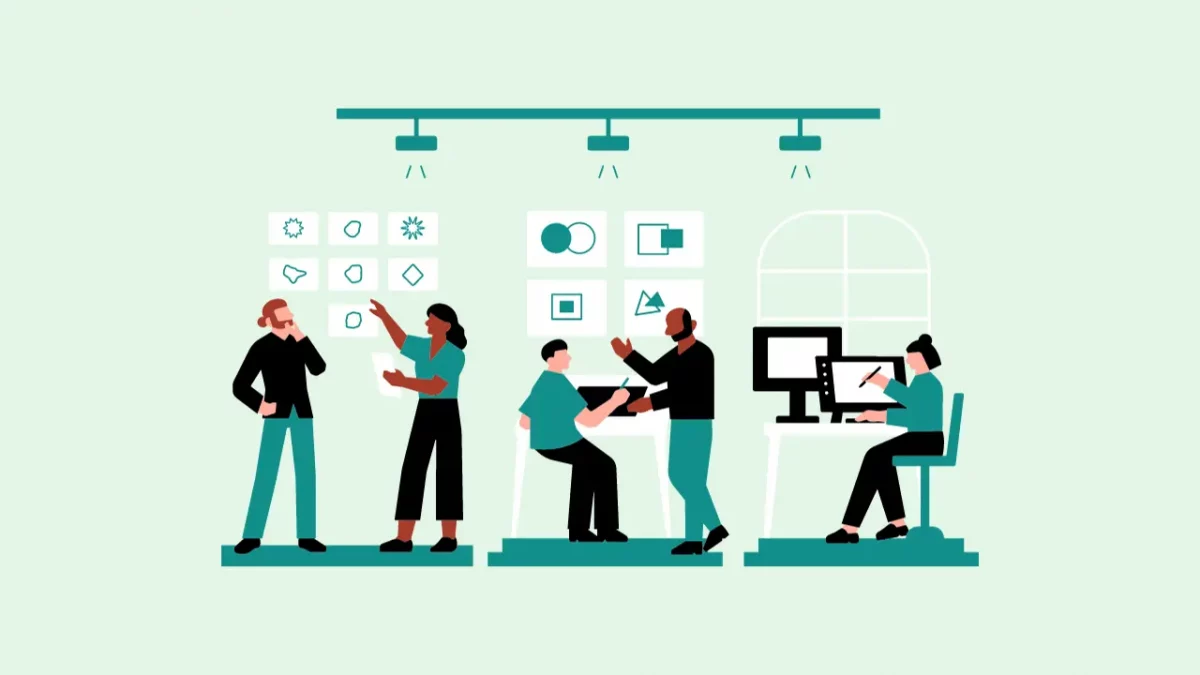
Choosing web development as a career offers a plethora of benefits and opportunities, making it an attractive choice for individuals with a passion for technology, creativity, and problem-solving. Here are some compelling reasons to consider a career in web development:
High Demand Across Industries
Web developers are in consistent demand across various industries. Almost every business needs a web presence, and as technology continues to advance, the demand for skilled developers to create and maintain websites and web applications remains strong.
Career Growth and Advancement
Web development offers ample opportunities for career growth. As you gain experience and expertise, you can advance to more senior roles, such as lead developer, technical architect, or even a managerial position. You can also specialize in specific areas like front-end, back-end, or full-stack development.
Creativity in Designing Interfaces
Web development involves a creative aspect in designing user-friendly and visually appealing interfaces. You get to collaborate with UI/UX designers to bring design concepts to life, making websites and applications not only functional but also aesthetically pleasing.
Remote Work Opportunities
The field of web development offers significant flexibility when it comes to remote work. Many companies are open to hiring remote developers, allowing you to work from the comfort of your home or from anywhere around the world. This flexibility can greatly enhance your work-life balance.
Continuous Learning and Skill Development
Web development is a dynamic field that is constantly evolving. New tools, frameworks, and languages are introduced regularly. This requires developers to engage in continuous learning, which can be intellectually stimulating and personally fulfilling. Staying updated keeps your skills relevant and makes you an asset in the job market.
Global Reach and Impact
Websites and web applications have a global reach, which means your work can potentially impact people all around the world. Whether you’re developing an e-commerce platform, a news website, or a communication app, your creations can have a far-reaching influence.
Entrepreneurial Opportunities
With the rise of online businesses and startups, web developers have opportunities to create their own products and services. You can build your own web applications, e-commerce sites, or online platforms, turning your ideas into reality.
Varied Project Types
Web developers work on a wide range of projects, from small business websites to large-scale applications. This diversity allows you to explore different industries, technologies, and challenges, keeping your work interesting and engaging.
Community and Networking
The web development community is vibrant and supportive. There are numerous online forums, communities, and events where you can connect with fellow developers, share knowledge, and learn from others’ experiences.
Web development offers a dynamic and rewarding career path. The high demand, the potential for career growth, creative aspects, remote work opportunities, continuous learning, and global impact make it an appealing choice for individuals interested in technology and innovation. Whether you’re a beginner or an experienced developer, web development provides a wealth of opportunities to explore and excel in the ever-evolving digital landscape.
Kickstart your Full Stack Development journey by enrolling in GUVI’s certified Full Stack Development Career Program with Placement Assistance where you will master the MERN stack (MongoDB, Express.js, React, Node.js) and build interesting real-life projects. This program is crafted by our team of experts to help you upskill and assist you in placements.
Alternatively, if you want to explore JavaScript through a self-paced course, try GUVI’s JavaScript self-paced course.
Conclusion
Choosing web development is a smart idea because there are lots of jobs in many fields. You can start small and become a big boss, and you get to be artsy by making websites look awesome. You might even work from home in your pajamas!
Remember, you don’t stop learning in web development. The internet world changes fast, but that’s what makes it exciting. Your work can reach people worldwide and make their lives easier or more fun.
So, if you’re curious, why not give web development a shot? You can learn online, and it’s like going on an adventure where you build things and see them come to life. The internet is big, and you can be a part of it by being a web developer. Let’s explore together!
FAQs
To become a web developer, you need to be comfortable with coding. You’ll work with languages like HTML (for structure), CSS (for design), and JavaScript (for interactivity). You should also understand how websites and databases work together. Learning how to solve problems and work in a team are also valuable skills.
Absolutely! There are many areas you can focus on. If you like making things look great, you might become a front-end developer. If you’re interested in databases and making the website’s behind-the-scenes work, you could be a back-end developer. And if you enjoy both, you could be a full-stack developer who does it all!
No, you don’t necessarily need a degree. Many web developers learn through online courses, tutorials, and practice. Having a degree in computer science can help, but what really matters is your skills and experience. Employers often look at your portfolio and what you can actually do.

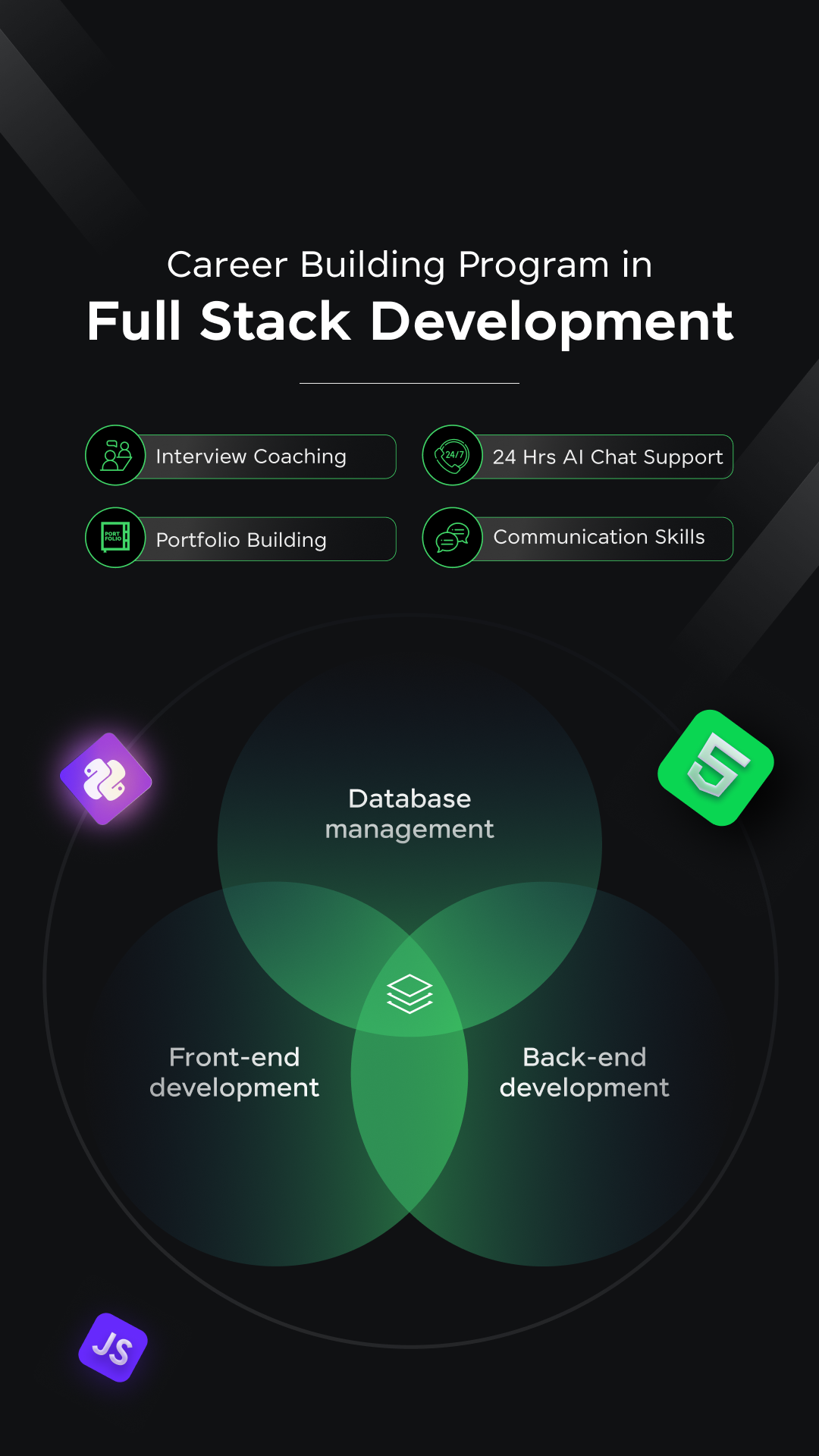





















![Top 12 Best Web Development Projects for All Techies [With Source Code] 8 web development project](https://www.guvi.in/blog/wp-content/uploads/2023/08/Feature-Image.webp)
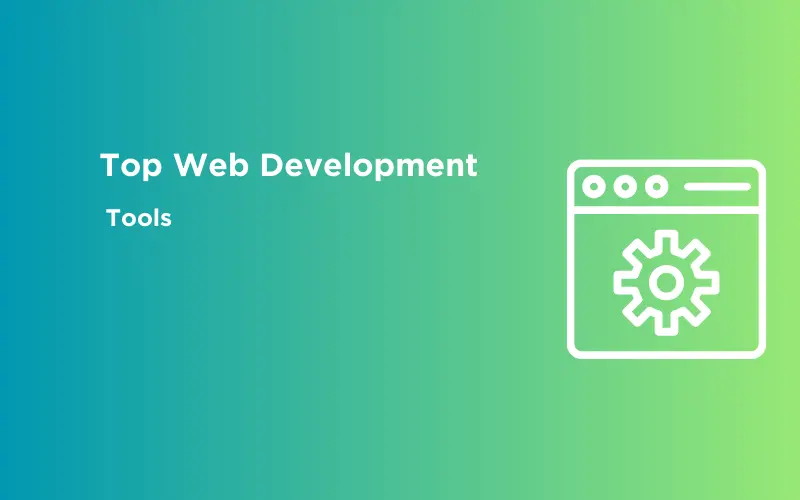
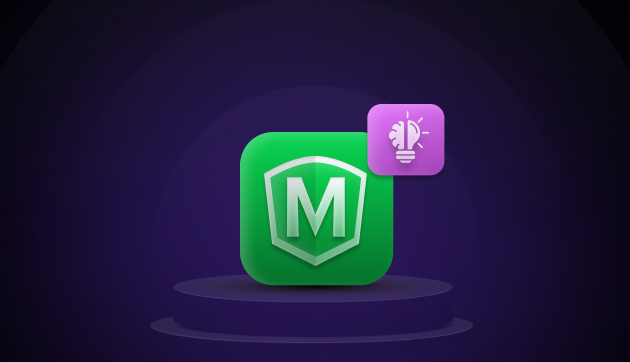
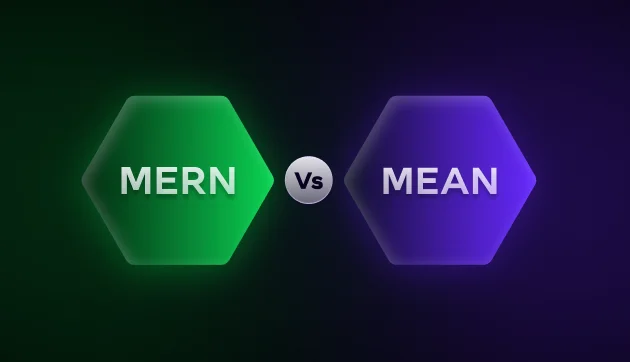
![Top 35 HTML and CSS Interview Questions with Answers [2025] 10 html and css interview questions with answers](https://www.guvi.in/blog/wp-content/uploads/2022/06/2.-HTML-Css.png)




Did you enjoy this article?